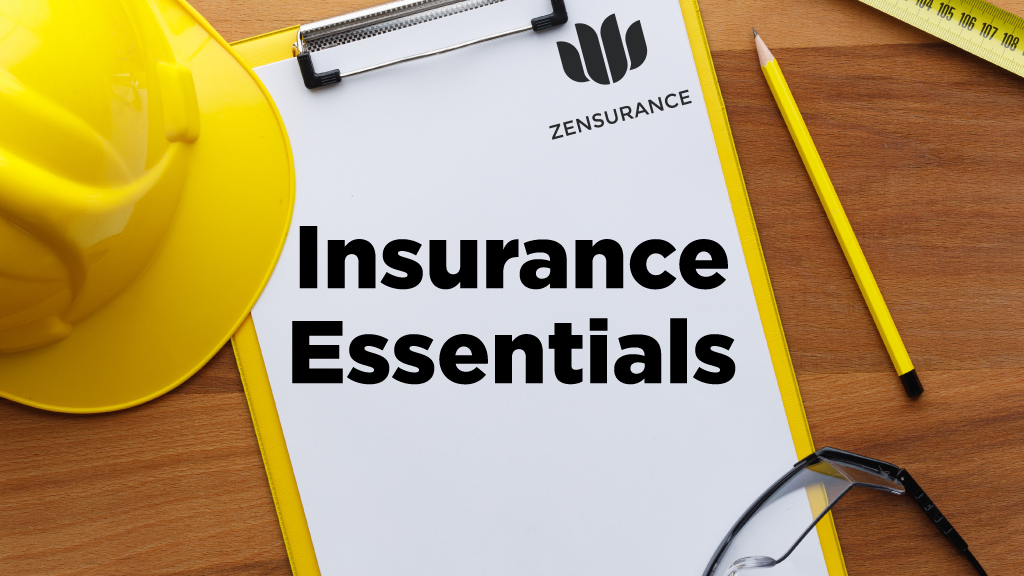It’s estimated 92 per cent of construction companies use or intend to use AI tools. While they can help increase efficiency and productivity, from a liability perspective, AI tools pose risks depending on their use. See our tips for contractors using AI tools.
Artificial intelligence (AI) tools are transforming industries, including construction. Its promise lies in helping business owners and employees make smarter data-driven decisions while increasing efficiency, productivity and saving money.
Potential applications for contractors and construction firms to use AI are vast, from designing, bidding, procurement and asset management.
It’s estimated 92 per cent of construction companies were using or intended to use AI in 2022, and it’s expected to become more prevalent with time for a broad range of uses, including construction safety, making jobsites more productive and helping address labour shortages.AI platforms come with real liability risks for contactors
From a liability perspective, using AI tools poses risks.
For example, AI platforms are prone to hallucinating or giving a confident response to a query that is not justified by its training data. In other words, AI tools may fabricate and provide incorrect information.
If a contractor uses incorrect information or copyrighted material without attribution provided by an AI platform, the contractor may face an allegation of professional negligence or copyright infringement that could lead to a lawsuit. Or if the information an AI tool gives to a contractor or architect proves flawed and leads to incidents or injuries, the financial and professional consequences can be far worse.
Canadian AI experts and chief executives are encouraging the federal government to pass Bill C-27, the Artificial Intelligence and Data Act (AIDA), as soon as possible to regulate the use of AI systems. However, Ottawa says AIDA won’t come into force until 2025. That might leave contractors and construction professionals wondering if they should or shouldn’t use AI tools.
There are opportunities and risks with using any new technology. But here’s another wrinkle: Many workers might not trust AI. A survey conducted by KPMG ���ϳԹ��� polled 250 companies on the topic (not just those in the construction industry), finding that 35 per cent of Canadian companies are using AI, lagging 72 per cent of U.S. companies that do. Furthermore, KPMG says 61 per cent of people globally are ambivalent or unwilling to trust AI.
5 tips for contractors using AI tools
As an independent contractor or business owner, the question of trust may be less critical than understanding how to effectively use AI so you can understand it better and determine if it’s beneficial or not.
Here are five tips for construction professionals deciding to leverage AI to help mitigate their liability risks:
1. Pick the right tool for what it is you’re trying to accomplish
Some AI tools, like ChatGPT, can assist in creating content based on the questions you ask. Others, such as DALL-E 2, create images based on your prompts. For the construction industry, some recommended tools include ClickUp, OpenSpace.ai, Fieldwire, DroneDeploy and viAct. Some are designed for streamlining project management or doing data analysis in preconstruction, others evaluate design options, automate 3D modelling from drones, or expedite construction estimation processes.
2. Test for compatibility with existing systems
Test the tools you’re using to ensure they work smoothly with your existing software systems and platforms. Start out with a pilot project and implement AI usage progressively in steps. Monitor the performance and measure its outcomes to ensure it meets your needs and identify where it might fall short.
3. Be precise
Provide the tool with relevant, high-quality information and sources that support your query and give it precise directions.
4. Train your team
Get your employees comfortable using AI by providing them with in-depth training so they can learn to use the tool to achieve the results they’re after efficiently.
5. Talk to the experts
Consult with AI experts, technology consultants, or construction professionals using AI to get their insights into the pros and cons to help decide how it may be helpful to your business.
How can contractor insurance protect against AI-related claims?
Construction or contractor insurance is not specifically designed to cover AI use. However, depending on your insurance policy’s details, it can back you up if an issue is attributed to using the technology. For example, if you provide advice to your customers and make recommendations for construction projects, it’s vital to have errors and omissions (E&O) insurance in your policy. If you don’t, talk to a business insurance broker about adding it.
In general, whenever there’s a change to your construction business’s operations, it’s wise to notify your broker and update your policy.
Aharshan Thangarasa is a licensed broker and team lead, contractors at Zensurance, ���ϳԹ���’s leading source for small business insurance. Get a free quote for your insurance needs by visiting .








Recent Comments
comments for this post are closed